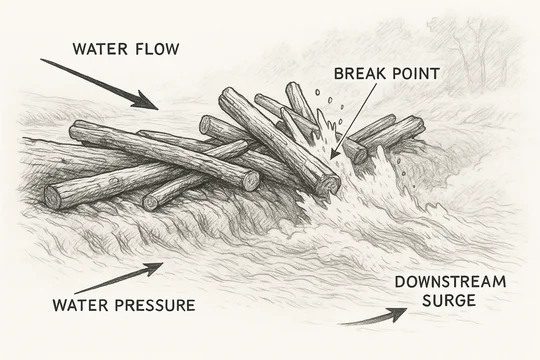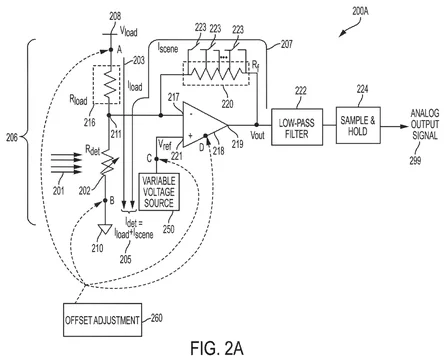
In Candid Care Co., v. SmileDirectClub, LLC, C.A. No. 21-1180-CFC (D. Del.), SmileDirectClub sued Candid Care—its competitor—for patent infringement of a single patent. Chief Judge Connolly dismissed the case, holding that the patent was patent ineligible under § 101.
The next day, SmileDirectClub sued Candid Care on a second patent in the same family, this time in the Western District of Texas.
But the Western District of Texas transferred the case back to Delaware—and, because it is related to the previous case, it was assigned to Chief Judge Connolly again. Shortly thereafter (perhaps to avoid its second patent suffering a similar fate under § 101), SmileDirectClub granted a covenant not to sue on the second patent. It then filed a motion to dismiss its own case, which the Court granted.
Just after that, the PTO issued a third patent in the same family. Wisely, Candid Care was ready with a DJ action, which it filed in Delaware the next day—before SmileDirectClub could sue it elsewhere (and perhaps evade a § 101 finding). SmileDirectClub then filed a motion to dismiss, alleging lack of subject matter jurisdiction.
Last week, the Court issued its opinion on that motion to dismiss. The Court denied motion, finding that that SmileDirectClub's previous, general statements about enforcing its patents, combined with the fact that the parties are competitors and the patents are closely related was sufficient to create DJ jurisdiction:
The similarity of the #414 patent with the #522 and #599 patents, SmileDirectClub's prior infringement suits against Candid Care here and in Texas, the fact that Candid Care is a direct competitor of SmileDirectClub, and SmileDirectClub's self-declared "aggressive[]," "active," and "growing" "patent protection program" create a substantial controversy between it and Candid Care of sufficient immediacy and reality to warrant the issuance of a declaratory judgment.
This is interesting. Often the calculation in attorneys' minds is whether they have made an allegation of infringement, not whether their prior statements about other patents might lead to subject matter jurisdiction—at least as to a competitor it had sued recently.
It seems to me that SmileDirectClub's strategy was to file the covenant not to sue on the second patent to preserve it for use against competitors, then move to dismiss the DJ action and perhaps file somewhere else as soon as it was dismissed. It couldn't jump the gun on filing elsewhere before dismissal was granted, because it would face a first filed issue.
Of course, at this stage, SmileDirectClub could just give up, file a covenant not to sue as to the third patent, and call it a day. That would at least preserve that patent's validity against other competitors (for now), rather than risking a likely-looking § 101 determination. Or it could litigate and hope for a better § 101 result. We'll have to see what happens.
If you enjoyed this post, consider subscribing to receive free e-mail updates about new posts.






